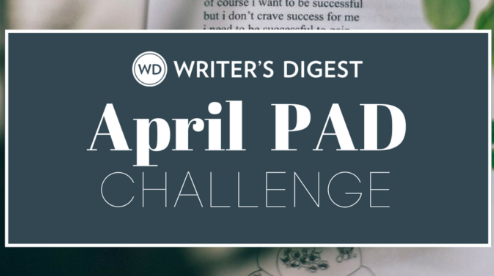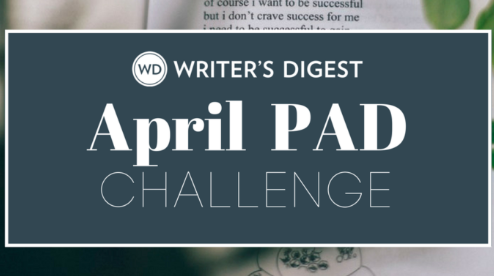Why I Write Poetry: Hibah Shabkhez
In 2017, I started a “Why I Write Poetry” series of guest posts. I’ve already received so many, and I hope they keep coming in (details on how to contribute…
In 2017, I started a “Why I Write Poetry” series of guest posts. I’ve already received so many, and I hope they keep coming in (details on how to contribute below). Now that the craziness of the holidays and the start of the year are over, let's get back to them.
Today’s “Why I Write Poetry” post comes from Hibah Shabkhez, who shares a few reasons why she writes poetry, including, “There is no fulfillment quite like it, except that of teaching a child language.”
Hibah Shabkhez is a writer of the half-yo literary tradition, an erratic language-learning enthusiast, a teacher of French as a foreign language and a happily eccentric blogger from Lahore, Pakistan. Studying life, languages and literature from a comparative perspective across linguistic and cultural boundaries holds a particular fascination for her. She is currently doing her Masters at the Sorbonne and spends most of her free time maundering around Île-de-France.
Learn more at one of her blogs: https://hibahshabkhezxicc.wordpress.com/ and http://languedouche.blogspot.fr/
*****
Master Poetic Forms!
Learn how to write sestina, shadorma, haiku, monotetra, golden shovel, and more with The Writer’s Digest Guide to Poetic Forms, by Robert Lee Brewer.
This e-book covers more than 40 poetic forms and shares examples to illustrate how each form works. Discover a new universe of poetic possibilities and apply it to your poetry today!
*****
Why I Write Poetry: Hibah Shabkhez
It starts with a fragment becoming stuck in my heart, a wrinkled smile or a line like 'anger grew me a twin' or a glimpse of a Montaigne in a frock grinning as he watches the world bustle past, and then slowly it turns into a voice clamoring inside my head to be written. And that is why I write poetry: to quiet that which will never otherwise be still.
It does not yet have a name, a form, all its words, or even all its meaning. That's the writing part of it: that is what it needs me for. So I start fitting it into molds and draperies and holding the models up for inspection, like an abigail or a create-your-own avatar app, until the poem begins to emerge, rapidly and readily or one anguished word at a time. And that is why I write poetry, to sculpt a thing new and unique out of a voice and 26 letters.
There is no fulfillment quite like it, except that of teaching a child language. Some of my 'clients' are calm, happy, easily pleased. Others are annoying, nagging, mean, and plague me long after I have done everything I can for them, like that one word at the edge of the chalkboard that the teacher always left unerased. Yet far worse are the ones that merely shrug at my many unworthinesses, and leave to find another pen. And that is why I write poetry: to hold the pen that crafts their vessels and launches them forth.
And lastly, I do it for you, my Reader. I do not know who you are, or where you dwell. I do not even know if you have been born yet. All I know is that wrapped inside every word I write is this dream ... One day, you will read my poem, and smile or cry or both at once, as I did while writing it, for you too will have heard the voice cloaked within. And then, unknown to me but not to you, for a fleeting instant our souls will have met. So that is why I write poetry: to make a bridge between my soul and yours.
*****
If you’d like to share why you write poetry, please send an e-mail to robert.brewer@fwmedia.com with a 300-500 word personal essay that shares why you write poetry. It can be serious, happy, sad, silly–whatever poetry means for you. And be sure to include your preferred bio (50-100 words) and head shot. If I like what you send, I’ll include it as a future guest post on the blog.
*****
Find more poetic posts here:
Robert Lee Brewer is Senior Editor of Writer's Digest, which includes managing the content on WritersDigest.com and programming virtual conferences. He's the author of 40 Plot Twist Prompts for Writers: Writing Ideas for Bending Stories in New Directions, The Complete Guide of Poetic Forms: 100+ Poetic Form Definitions and Examples for Poets, Poem-a-Day: 365 Poetry Writing Prompts for a Year of Poeming, and more. Also, he's the editor of Writer's Market, Poet's Market, and Guide to Literary Agents. Follow him on Twitter @robertleebrewer.




